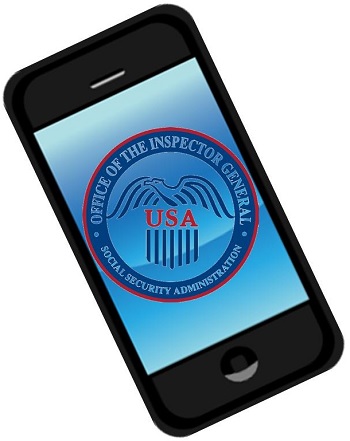Wireless companies have been asked to begin making the alterations following a device theft study.
While smartphones are incredible and convenient, a recent study on the theft of these devices has caused the FCC to start requesting that mobile security changes be made by wireless companies in order to help to better protect consumers.
Thefts of smartphones have become increasingly common and increasingly devastating to the owners.
As theft is on the rise with smartphones, the FCC has been seeking out ways to provide better mobile security in order to protect consumers when their devices leave their hands and end up in the hands of someone whose intentions aren’t good ones. Earlier in 2014, the FCC created a working group that has been analyzing data on the subject of mobile device theft. Last week, they issued a massive 140 page report on the topic that included a number of key findings about the handling of smartphone theft as well as about its prevention.
This type of mobile security research was a challenging undertaking, as nationwide data has never been made available.
 National level data about smartphone theft has never existed before. The data about stolen mobile devices has been broken down into the approximately 18,000 different law enforcement agencies that operate across the United States. This made a notable challenge out of aggregating the data. Conversely, the total number of incidents may not be as high as the best estimates that have been created by consumer advocates. However, there could also be many thefts that have occurred but that have not been reported.
National level data about smartphone theft has never existed before. The data about stolen mobile devices has been broken down into the approximately 18,000 different law enforcement agencies that operate across the United States. This made a notable challenge out of aggregating the data. Conversely, the total number of incidents may not be as high as the best estimates that have been created by consumer advocates. However, there could also be many thefts that have occurred but that have not been reported.
The next challenge that was faced was in terms of discovering what happens to stolen smartphones. Clear data was not available outside of anecdotal evidence, that suggested that a notable proportion of stolen smartphones are resold in countries “that are both geographically and politically remote from the U.S,” said the report from the FCC. This means that the issue of reducing this problem would require considerable international cooperation.
The FCC is now recommending that wireless companies take a number of mobile security steps, which include: making restore/wipe/lock functions a default on all devices sold, add electronic unique identifiers (like fingerprints) for phones to make it harder for thieves to re-flash them, making sure that employees double-check appropriate databases to ensure that new customers aren’t activating previously stolen property, and keeping those databases up to date.

 While it is true that the use of mobile devices give SSA workers the opportunity to accomplish a great deal more, even when they are not sitting at their desks, there are certain behaviors that are considered to be quite commonplace among private device users that can leave a gaping hole in security when used on a professional level. Among them are the downloading of third party
While it is true that the use of mobile devices give SSA workers the opportunity to accomplish a great deal more, even when they are not sitting at their desks, there are certain behaviors that are considered to be quite commonplace among private device users that can leave a gaping hole in security when used on a professional level. Among them are the downloading of third party 